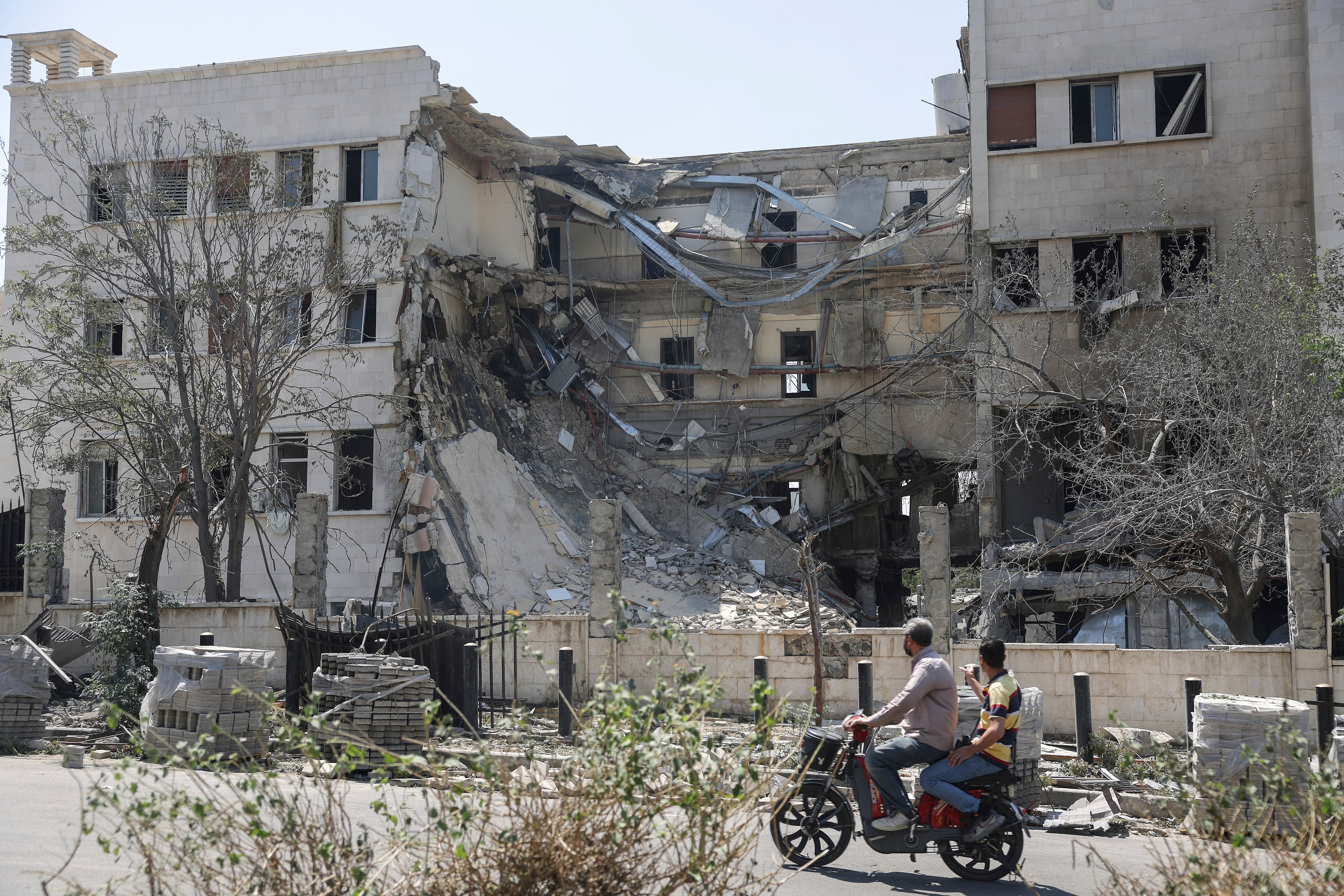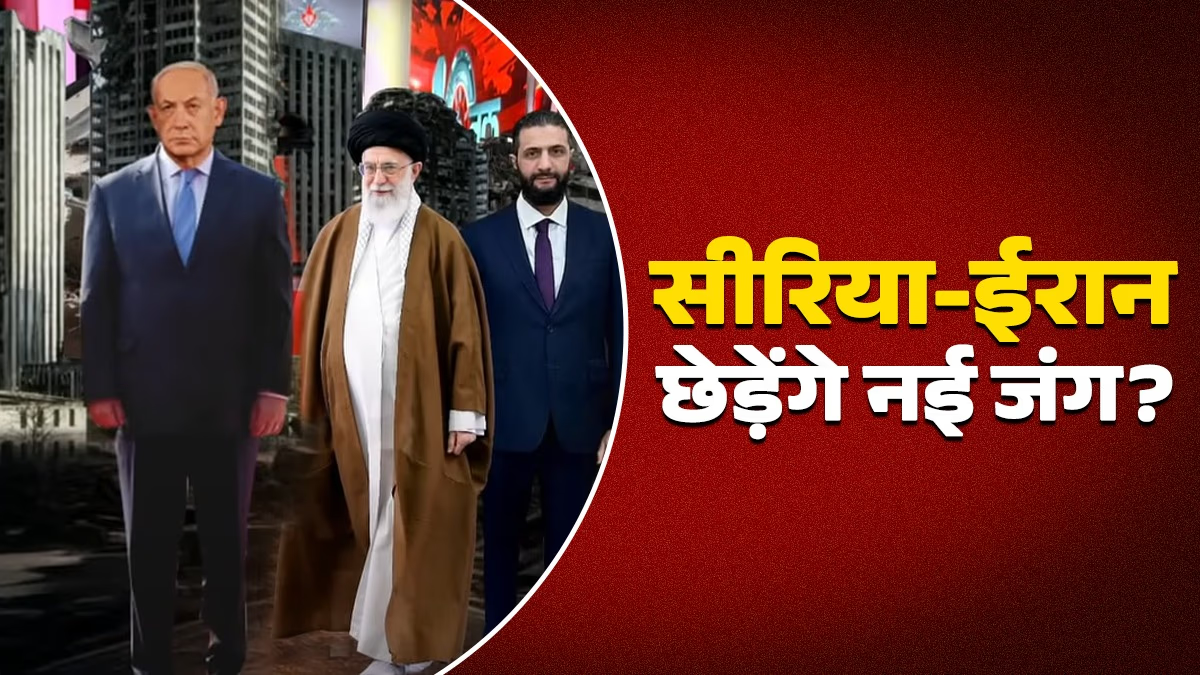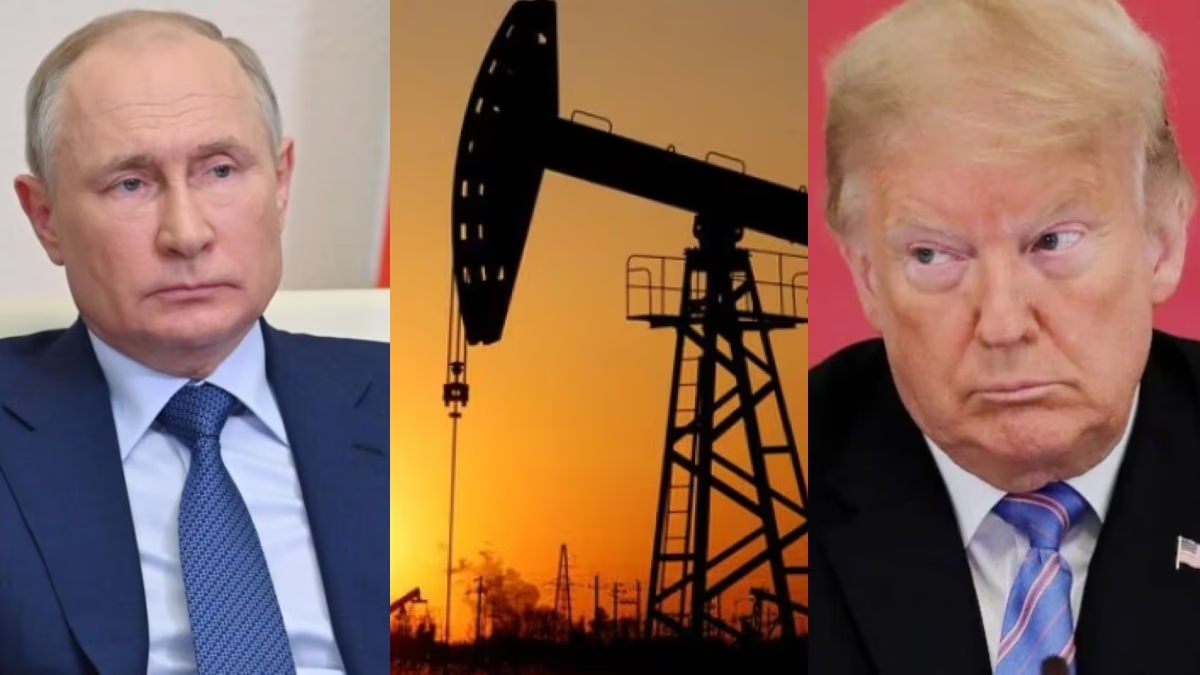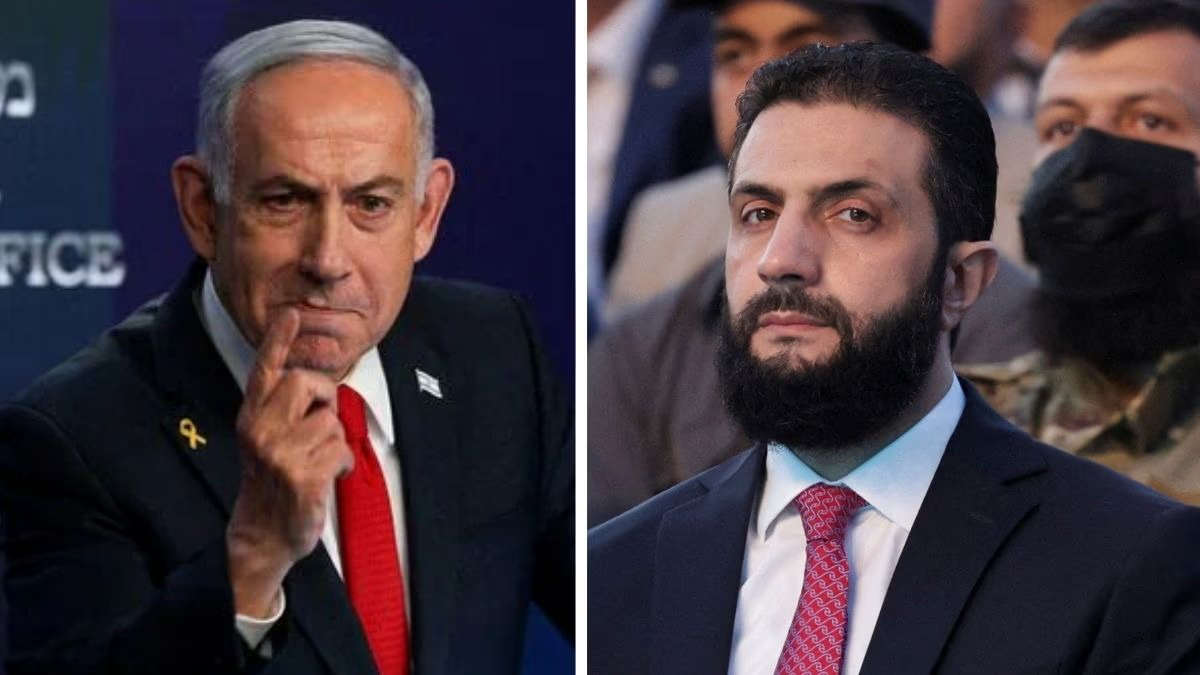As if the ongoing tension between Israel and Iran wasn't enough, Netanyahu's forces have launched an assault on Syria. This raises the question: will Iran seek retribution against Israel? The recent bombing by Israel on Syria's army headquarters drew a sterner response from Iran than from Syria itself, with Iran's Foreign Minister forecasting a potential new conflict.
Claims have emerged that Israel's aggressive moves need to be halted. But if Iran strikes back, how will President Trump respond given the complex geopolitical dynamics at play?
This situation has further escalated the brewing conflict between Iran and Israel. The specter of Israeli attacks once again looms over Tehran. Iran's Foreign Minister Abbas Araqchi has been vocal, predicting imminent conflict following the Israeli aggression.
Is Another War Brewing?
Regrettably, these events felt almost inevitable. Which capital or city might be targeted next? The radical Israeli regime knows few bounds, understanding only the language of force. The world, including this restive region, must unite to end Israel's offensive actions. Iran consistently supports Syria's sovereignty and territorial integrity and stands firmly alongside the Syrian people, despite the uneasy ceasefire with Israel, which appears to be fueling rather than easing tensions.
These strains signal an ominous prelude to further escalations, where breaches of the Iran-Israel truce are all but guaranteed. The pressing question remains: will Israel make the first move, or will Iran retaliate?
The risk of war looms large, prompting both the USA and India to issue travel advisories for their citizens, while preparations for new international sanctions against Iran begin. India has advised its citizens to travel to Iran only if essential and suggested the return of those already there. This aligns with existing US warnings advising its citizens to steer clear of Iran.
What is the US Advisory?
The United States has highlighted several risks in its advisory on Iran. Meanwhile, France, Britain, and Germany have expressed consensus that without progress on Iran's nuclear agreements, robust UN sanctions will resume by the end of August. Essentially, the groundwork for a decisive assault on Iran by President Trump appears almost complete. Trump has publicly declared that diplomatic channels with Iran remain closed and that no agreement with Supreme Leader Khamenei will be pursued, even as Khamenei openly challenges both Trump and Netanyahu.
Trump has stated that Iran is eager to negotiate, yet this urgency is not mutual since the US feels no rush. Despite having opportunities to negotiate and even bomb Iran's sites, Trump insists that doors remain open should Iran wish to engage.
Khamenei has outright rejected Trump's claims, maintaining that Iran is prepared to teach a lesson on the battlefield to both America and Israel.
Khamenei’s Message to the US
Iran's Supreme Leader Khamenei emphasized the crucial confidence within a nation's military, reflecting its readiness to confront US and regional threats like the Zionist regime. This self-assuredness is immensely valuable. Iran does not advocate for war; this is universally acknowledged. Yes, Iran perceives the Zionist regime as cancerous and views American support for it as criminal. Yet, while Iran does not welcome war, it responds decisively when attacked, demonstrating a willingness to counter US actions with precision.
Despite threats from Khamenei toward both the US and Israel, fear lingers within Iran regarding potential Israeli strikes. GPS services suspended during prior Israeli attacks have yet to be reinstated, while Khamenei remains in a secure location. Preparations against Israeli offensives persist.
Israel's Prime Minister Netanyahu's remarks, following a meeting with Trump, revealed Iran's proceedings with aggressive statements not unnoticed by Iran. Netanyahu indicates now as the optimal time for renewed strikes against Iran, ensuring it struggles to recover its initial might lost in prior confrontations.

Source: aajtak
Is Russia Supporting Iran?
If Israel and the US plan fresh attacks, Iran has responded with new weapon deployments. Reports from Iranian observers suggest Russian military planes, specifically IL-76 cargo aircraft, have landed in Tehran multiple times. Brief landings imply weapon deliveries, potentially including advanced radar and air defense systems, signaling Russia's robust support for Iran. Not long ago, Putin pledged to aid Iran, implying backing against American and Israeli threats, potentially emboldening Iran’s stance against these powers.
Foreign Minister Abbas Araqchi asserts decisive conflict preparations in progress. Two years ago, Netanyahu promised victory in Gaza. Presently, this promise encounters mounting challenges, leading to a revamped tactical situation for Iran, who steadfastly thwarted past attempts to dismantle its peaceful nuclear assets.
Russian media cites top Iranian military officials discussing punitive measures against Israel and the US to avert further conflicts. Until compensation is secured for attacks on its nuclear sites, Iran readies arms, determined to counter-act any misjudgments by Israel without hesitation.
Iran's Resilience Amidst Ceasefire
Despite presumptions of Iran being coerced into submission over its nuclear program, it remains resilient. While attempts to overthrow Khamenei have not materialized, Iran stands firm following assaults by US B-2 bombers. Hence, the operative narrative of the Israel and US operation on Iran remains partially unfulfilled.
Prior to the ceasefire declaration, Iran struck a US base in Qatar—a visible resistance act, reinforcing its position. Yet, Iran’s rhetoric against Israel and the USA casts perceptions of the two losing credibility, especially in light of Khamenei's claims that while Iran did not concede, Israel groomed into submission.
Thus, as Iran's nuclear ambitions reignite tensions, Trump's reluctance to enter talks post-ceasefire raises questions over ulterior motives. Defense analysts speculate potential US plans for renewed assaults, implying that strategic military considerations outweigh diplomatic overtures.




